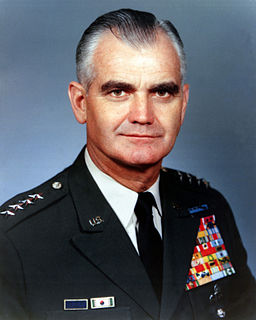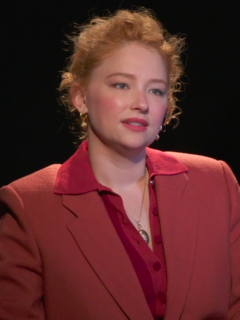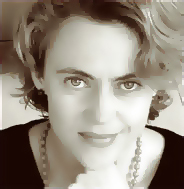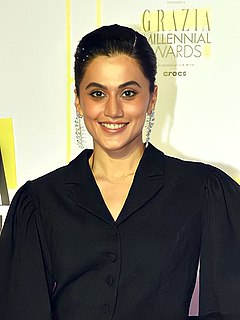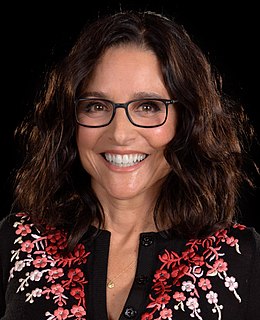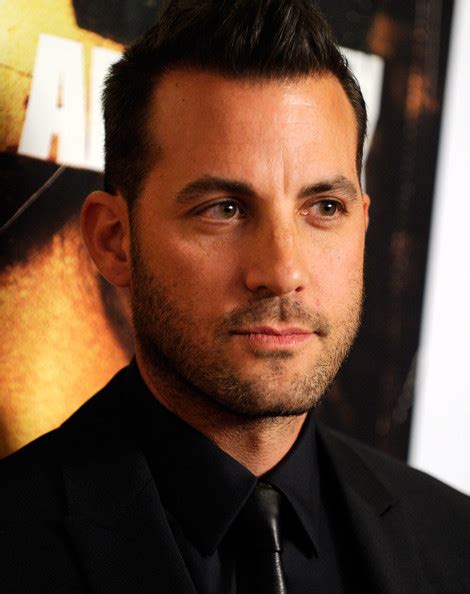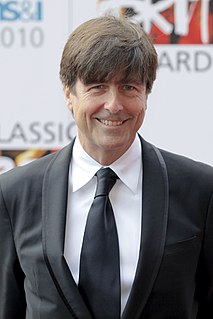A Quote by Catherine Hardwicke
As a filmmaker and film student, I think it's really interesting to hear what a director did and how they figured out how to do things.
Related Quotes
Well, there's two things I have criteria for doing a film: The script, which is the story, and the filmmaker, and it's a filmmaker's medium. I like really strong directors, and so when I do a film, I'm out there to serve the director, really, which is in turn to serve the script, to serve the director cause he's the one making the film. I relied on Todd Haynes for that.
If I get stuck, I look at a book that tells me how someone else did it. I turn the pages, and then I say, 'Oh, I forgot that bit,' then close the book and carry on. Finally, after you've figured out how to do it, you read how they did it and find out how dumb your solution is and how much more clever and efficient theirs is!
I think that the most important thing for me is, how is the character that I would be reading for? Is it interesting? Is there stuff to do? Are there things that you can do with the character? How can you play it out? Just those kinds of things that are very important for an actor. Also, a good director and good dialogue.
I'm 17 years old. I'm not a straight-A student or anything. Even so, I figured out how to make an Internet that they can't wiretap. I figured out how to jam their person-tracking technology. I can turn innocent people into suspects and turn guilty people into innocents in their eyes. I could get metal onto an airplane or beat a no-fly list. I figured this stuff out by looking at the web and by thinking about it. If I can do it, terrorists can do it. They told us they took away our freedom to make us safe. Do you feel safe?
There's not a formula that I'm following; it's just how I feel at the time. For instance, I did a very experimental film called 'Hardcore Henry,' and that was simply because I thought the filmmaker was very interesting and a risk taker. A film like that had never been made before, so I chose to do that at the time.
You can always hear a director saying, 'Well I don't really know what this piece is saying, so therefore, I reject it.' There are any number of things you can anticipate going wrong, and sometimes they go right. But I think the things you like most are the things that get rejected first. That's just how things work.


